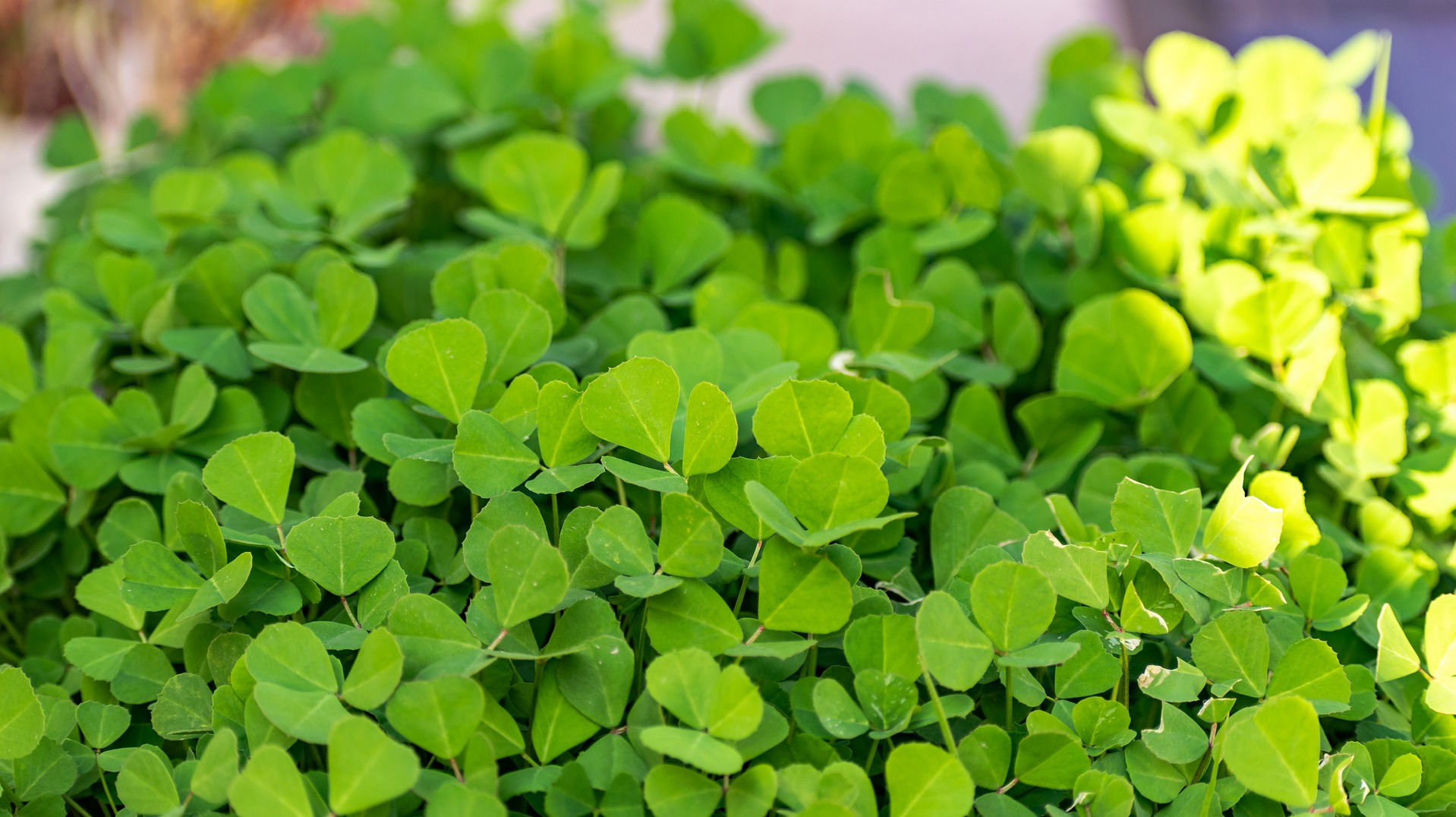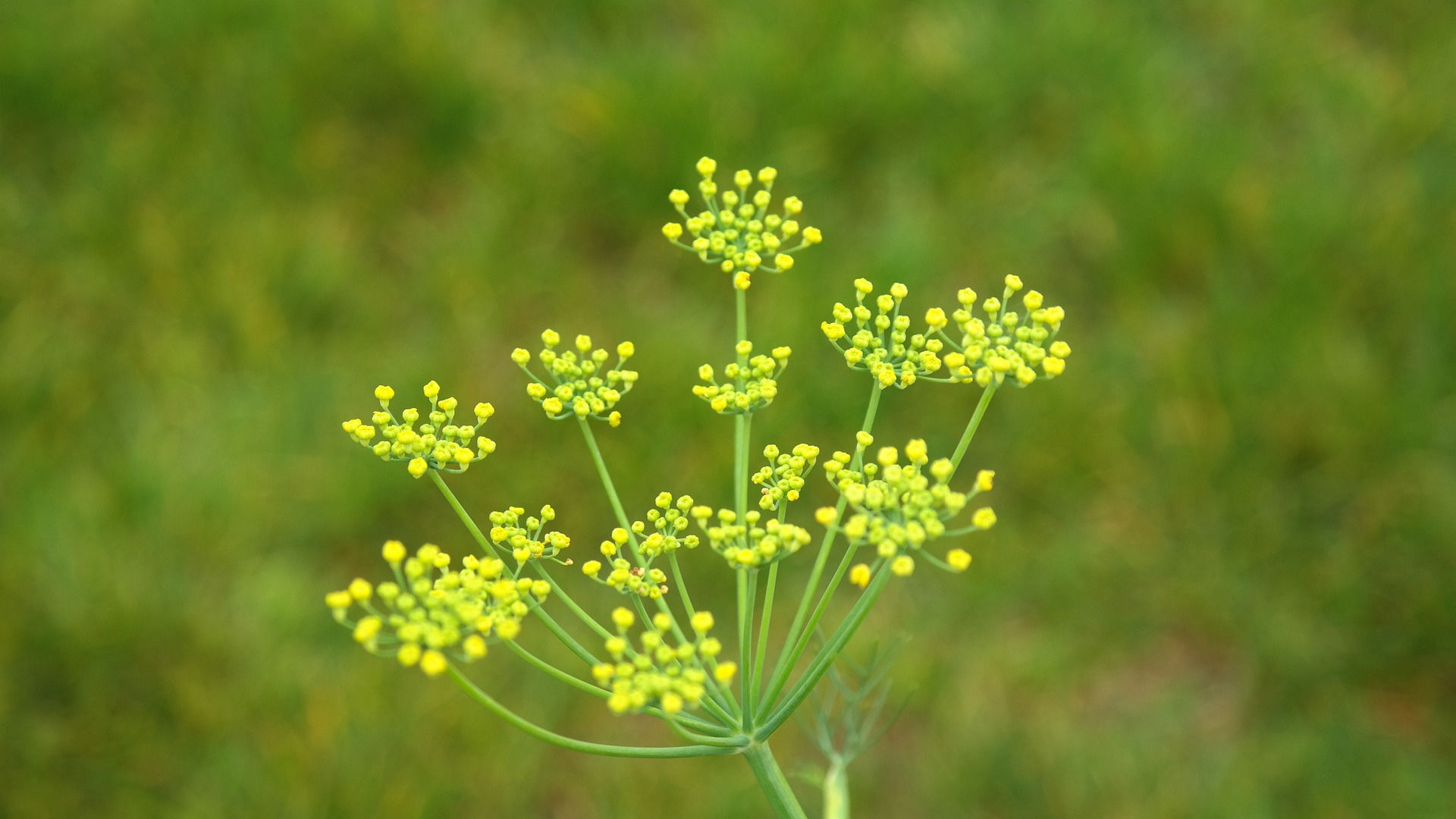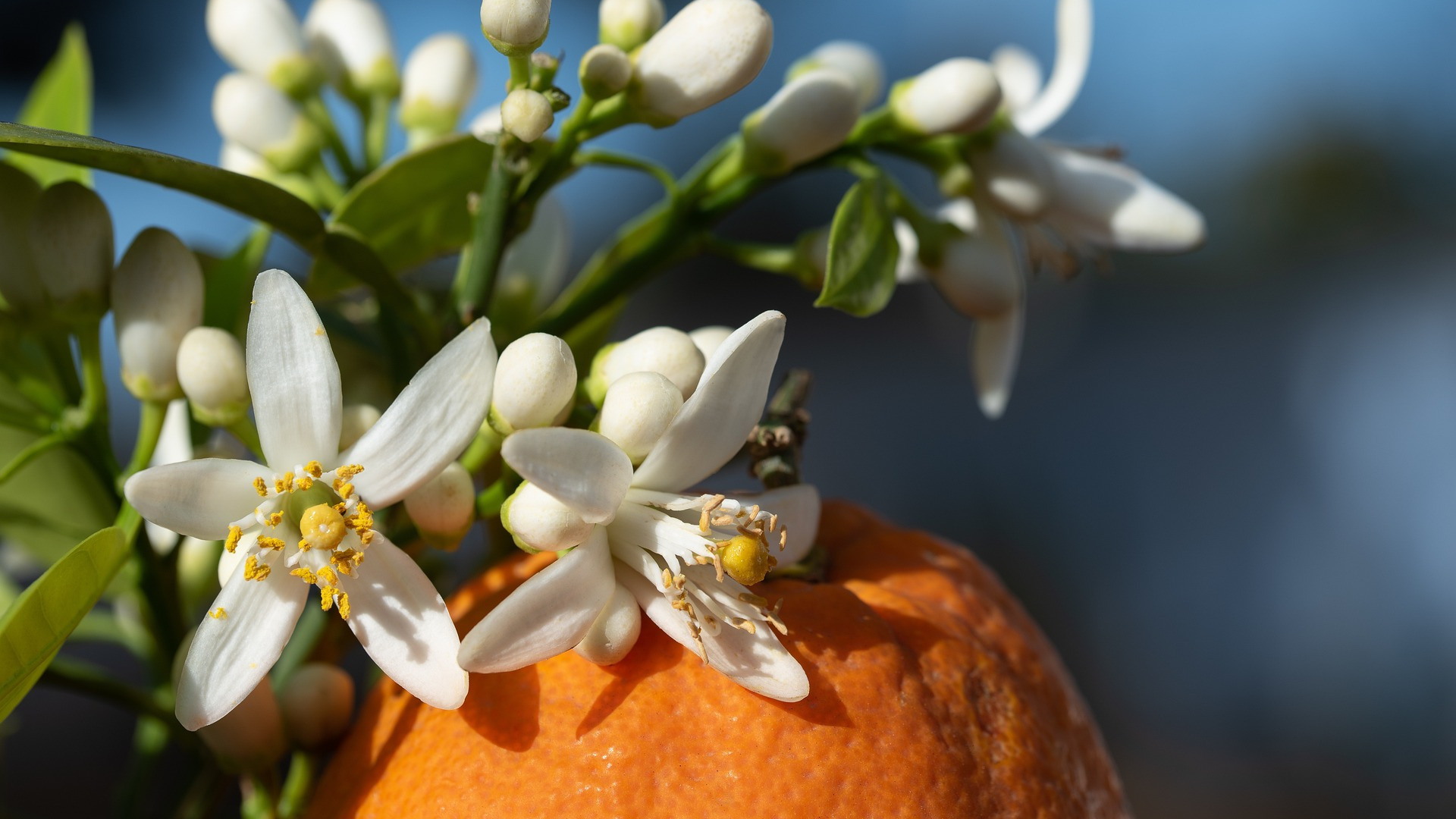Fenugreek Essential Oil: A Multi-Faceted Elixir
Fenugreek (Trigonella foenum-graecum) may be a petite seed, but its impact on health and culinary experiences is extraordinary. Originating from the Mediterranean region, this herb is used to make fenugreek essential oil and has been integral to traditional medicine and culinary practices for centuries.
Fenugreek essential oil and seeds have a distinctive bitter taste and a hint of maple and is a spice that transcends borders. It's a common ingredient in Indian, Middle Eastern, and North African cuisines, lending its unique flavor to curry, pickles, and flatbreads. The seeds can be used whole or ground, adding depth and richness to various culinary creations.
Beyond its culinary prowess, fenugreek essential oil is renowned for its health benefits. Rich in soluble fiber, it aids digestion and helps regulate blood sugar levels. For centuries, it has been a staple in traditional medicine for its potential to boost lactation in nursing mothers, support heart health, and manage cholesterol levels.
Fenugreek is not just about its seeds; the leaves, known as methi, are equally noteworthy. Packed with vitamins and minerals, these leaves are a powerhouse of nutrition. They find their way into salads, stews, and even as a delightful omelet addition, providing a fresh and slightly bitter kick.
In ancient times, fenugreek was often associated with matters of the heart. The herb was believed to have aphrodisiac properties, enhancing libido and promoting overall vitality. While modern science may not entirely confirm these claims, the historical significance adds an intriguing layer to Fenugreek's story.
Fenugreek: More than Meets the Nose: This aromatic marvel is more than just a fragrance. Fenugreek essential oil has a rich history of medicinal and culinary uses. Its seeds are a staple in Indian curry dishes, and in ancient Greece, it was a beloved livestock feed, often referred to as "Greek hay." This versatile herb is also known as "bird's foot," "Egypt fenugreek," and "Greek clover."
Extracting the Essence: Fenugreek essential oil is obtained through steam distillation or cold pressing of the seeds of the Trigonella foenum-graecum plant. The resulting oil is pale yellow to light brown and exhibits a waxy consistency. Due to its potent aroma, it's sometimes blended with carrier oils or other essential oils.
Fenugreek Essential Oil Benefits
Beyond its delightful aroma and flavor, fenugreek oil boasts a treasure trove of therapeutic properties. It's a boon for skin health, fighting aging signs, stimulating circulation, and soothing inflammation. It's a remedy for acne and a potent expectorant, easing congestion and coughs.
- Aphrodisiac: stimulates sexual desire
- Carminative: settles the digestive system and relieves flatulence
- Demulcent: reduces inflammation and irritation of mucus membranes
- Expectorant: expels mucus from lungs
- Laxative: promotes bowel movements
- Stomachic: stimulates digestion in the stomach
Fenugreek Essential Oil Aromatherapy Recipes for Wellness
Embrace the many facets of fenugreek oil – a truly aromatic and therapeutic marvel.
Fenugreek Tea to Reduce Blood Sugar
Boil two tablespoons of fenugreek seeds in a cup of water for ten minutes. Consume it as a tea twice daily to help regulate blood sugar levels.
Coconut and Fenugreek Hair Mask
Nourish your hair, reduce hair loss, and combat dandruff. Combine one cup of coconut milk with 20 drops of Fenugreek essential oil, apply to damp hair, leave it for up to 20 minutes, and rinse.
Harmonizing Fenugreek with Other Essential Oils
Fenugreek oil blends harmoniously with oils like cardamom, cinnamon, clove, and sandalwood, offering myriad aromatic possibilities.
Fenugreek Essential Oil Safety and Usage
As with any potent essential oil, moderation is key. Use fenugreek essential oil properly and be careful of skin irritation. If you're pregnant, consult with a healthcare professional before use. Pregnant women should steer clear of fenugreek oil due to its potential to induce premature contractions. Large amounts should also be avoided to prevent a drop in glucose levels and hypoglycemia.







